The 5 Greatest Moments In Le Mans History
The legendary race provides 24 hours of stunning action.

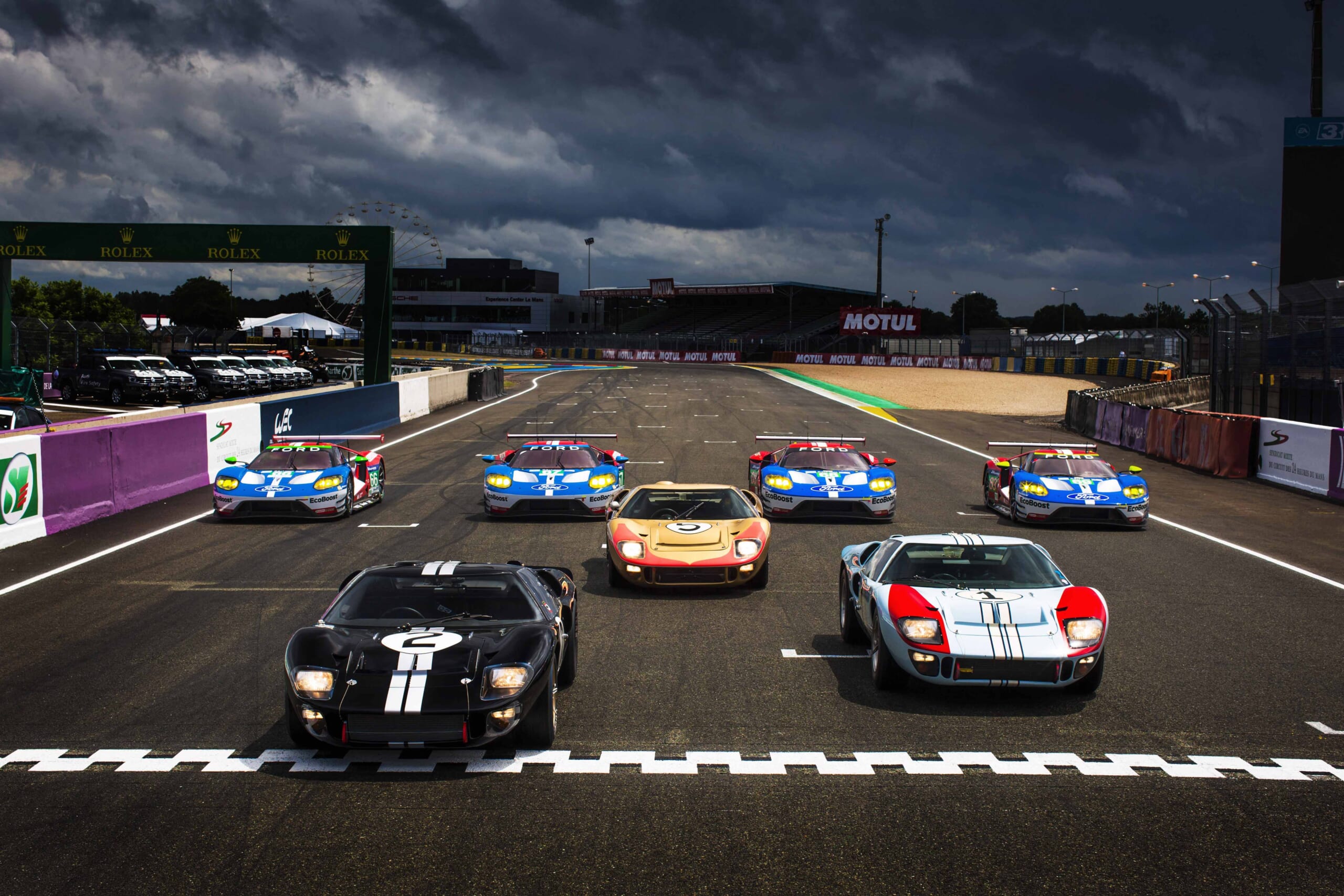
This weekend’s 93rd running of the 24-Hour Le Mans sports car race in France will pack a lifetime of drama into a single day. Racing teams battle time, weather, fatigue, luck, and each other to prevail.
There are plenty of stories to tell going into this year’s race, as Ford returns 50 years after its GT40 racers topped Ferrari’s entries to score the top 3 finishing spots in the 1966 event. Ford is pegging its comeback on the racing version of the 2017 Ford GT supercar—partly as a bid to upend the recent dominance of the Chevrolet Corvette team in the production car class.
With 17 victories Porsche has been the most frequent winner, but since the introduction of the R8 racer in 2000 Audi has been dominant. Though Porsche asserted itself with a win in 2015, Audi is looking to get back on top.
Le Mans begins at 10am EDT on Saturday and you can watch it on Fox Sports. Grab plenty of coffee then hang on if you can until the finish on Sunday morning. Here’s a pro tip for getting the most out of the event: listen to the audio stream for Radio Le Mans. Commentators on that broadcast manage to find the best tidbits during the event, and their hyper-caffeinated and distinctly English delivery will keep you entertained throughout.
As a reminder of why Le Mans is the world’s biggest sports car race, we’ve recapped the five biggest events in the race’s history.
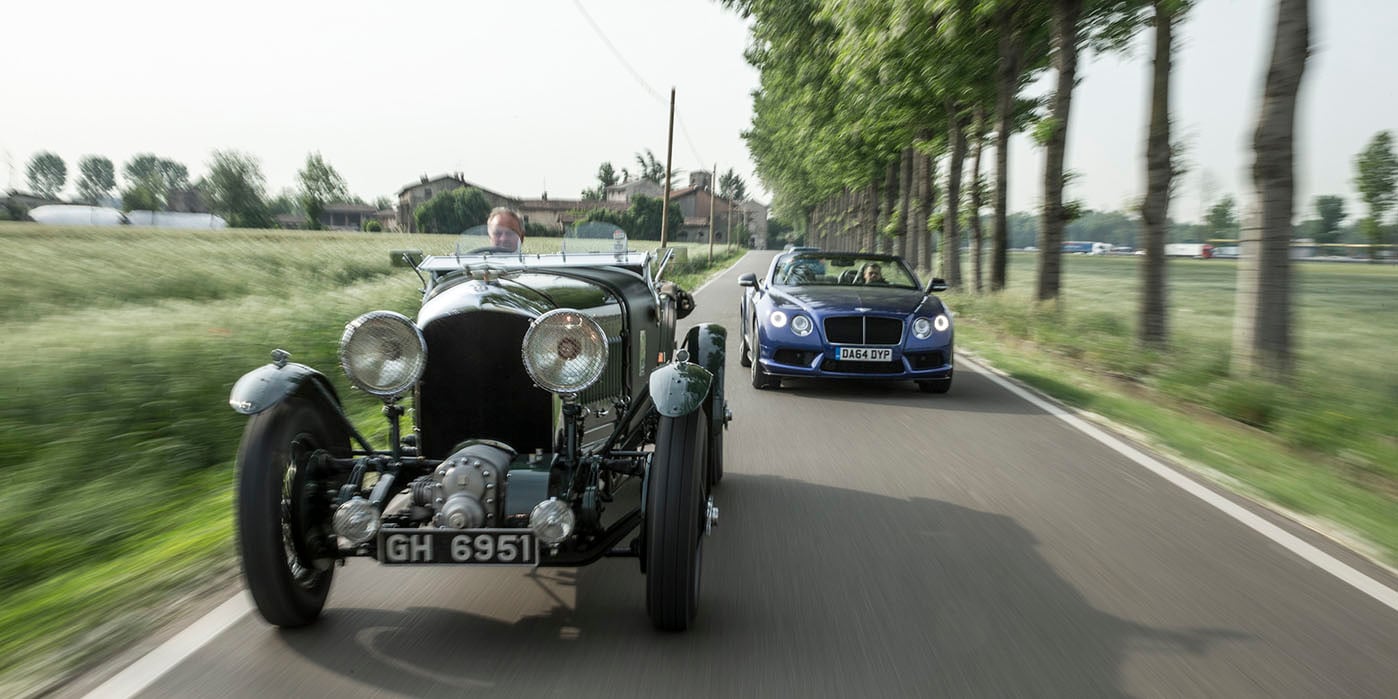
5. The Bentley Boys. The Bentley established its sporting reputation by winning five of the first eight races. The team was dubbed “the Bentley Boys,” by adoring English fans and the supercharged Bentley Blower became legendary. Decades before Ford, Porsche and Audi, Bentley was the first automotive dynasty at Le Mans, where experience and know-how often trump pure speed.
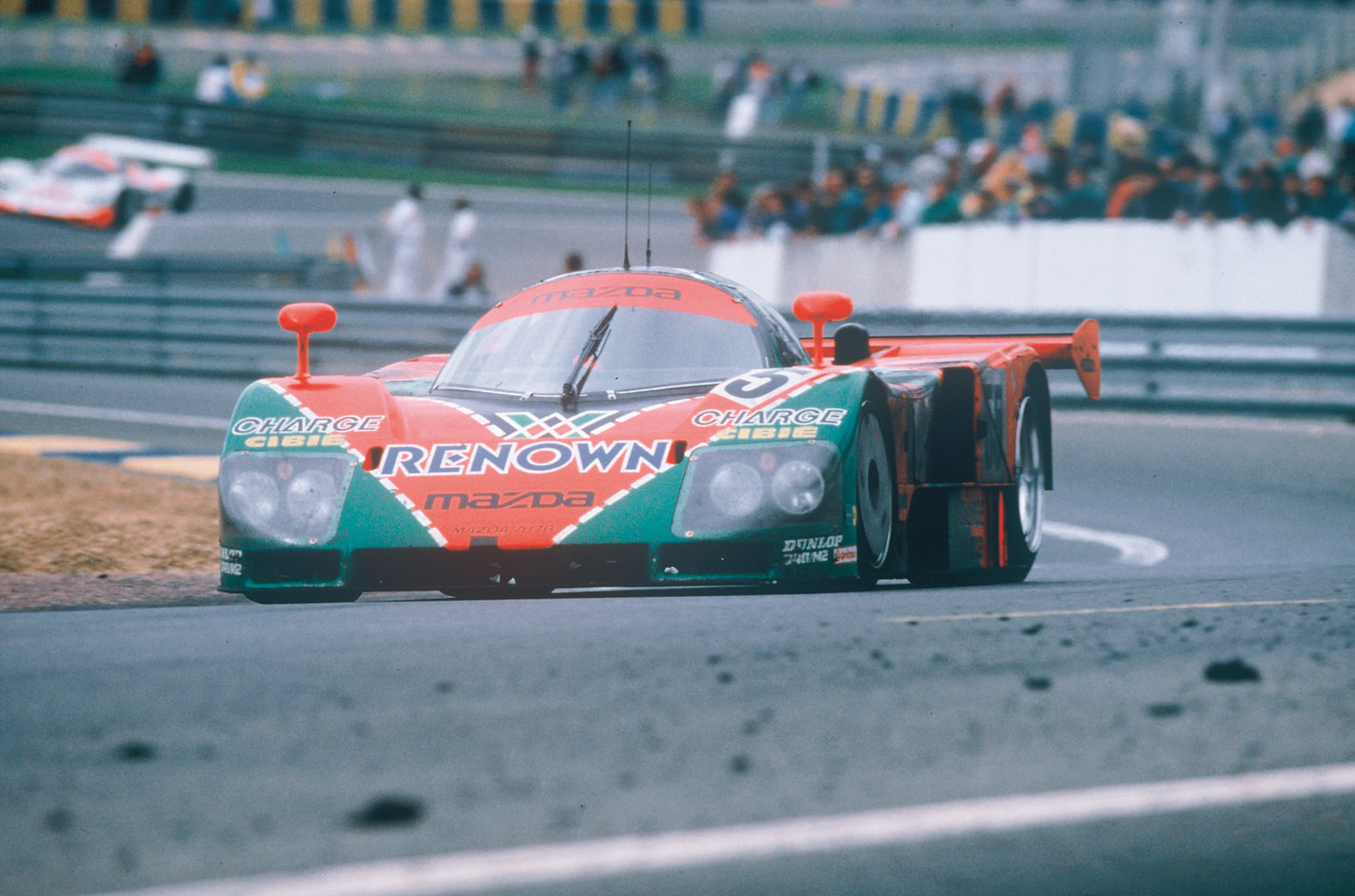
4. Mazda’s 787B. Only one Japanese manufacturer has ever won Le Mans, and despite billions of dollars spent by Nissan and Toyota to nab the prize, only the plucky Mazda team has prevailed. In 1991 the distinctive orange-and-green 787B topped the field of Jaguars, Mercedes and Porsches to put a Japanese brand in the record books.
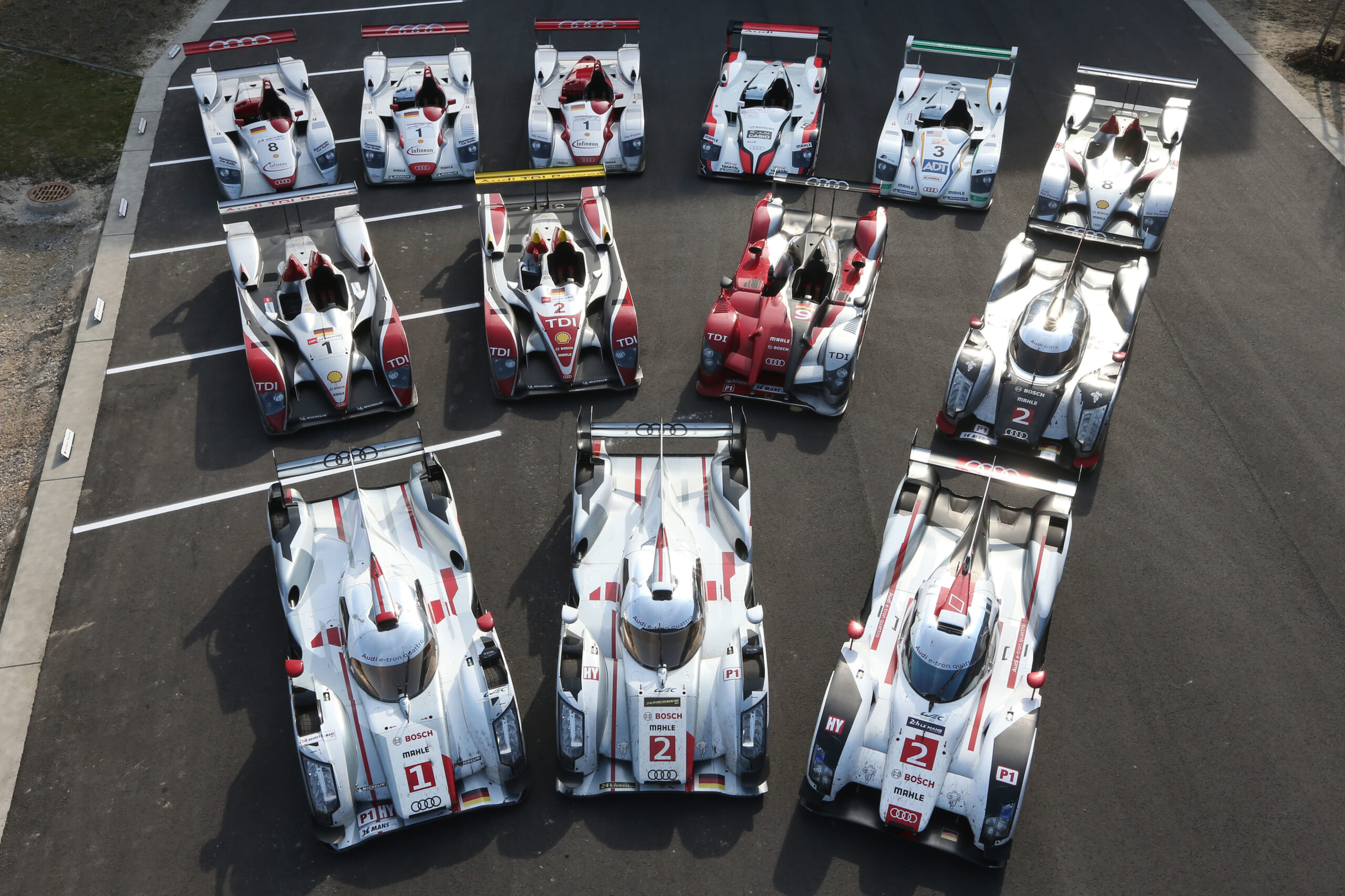
3. The Audi Era. Since 2000, Audi has won the race 13 times. They even took a year off and then won with a Bentley-badged version of their car in 2003. The Audi team has only been defeated twice: by home team Peugeot in 2009 then by Porsche in 2015. One highlight of this era was Audi’s decision to hire NFL Films to shoot documentaries of its successes, resulting in the riveting Truth in 24 and Truth in 24 II from races in 2008 and 2012. Watch both for free tonight on YouTube and you’ll be a fan forever.
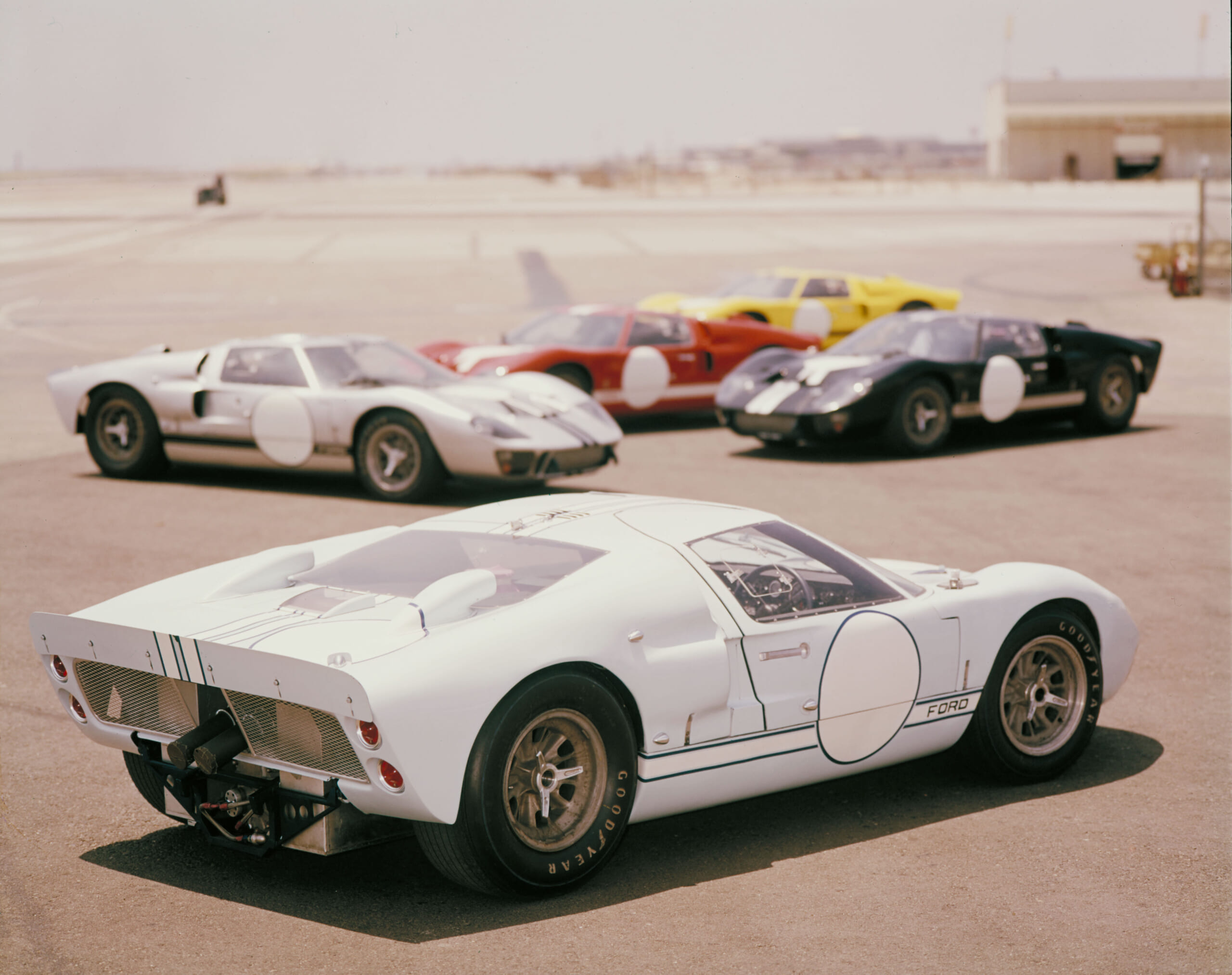
2. The Ford GT40. Ford scion Henry Ford II was determined to defeat Enzo Ferrari on the racetrack after the proud Italian spurned Ford’s buyout offer. The result was like the U.S. industrial mobilization for World War II—Ford threw the full weight of its industrial might at the problem, the manufacturer indulging in extravagances like using a 707 jet liner to fly replacement windshields to the track from Detroit.
Ford swept the top three spots in the race in 1966. it won three more times before declaring victory and withdrawing. The GT40 left an indelible stamp on the brains of sports car fans and its legacy provided the foundation for today’s Ford GT.
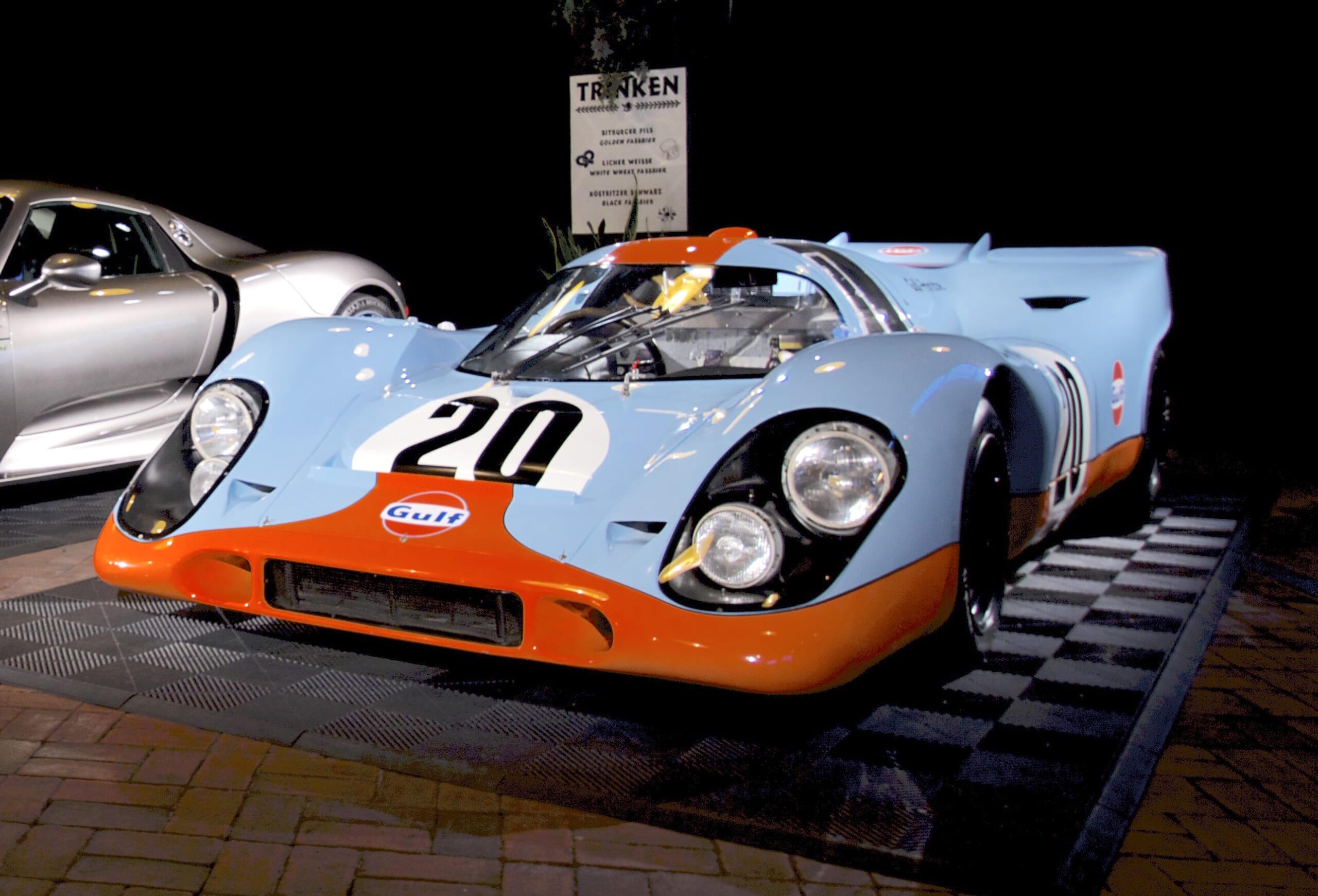
1. Porsche 917. Porsche has won the race 17 times, but the company’s winning 917 model from 1970 and ’71 is its most memorable vehicle. Its dominance at the time made it almost mandatory to call the car the “all-conquering Porsche 917.” To film Le Mans, his 1971 tribute to endurance racing, iconic actor and driver Steve McQueen took the wheel of a 917.







